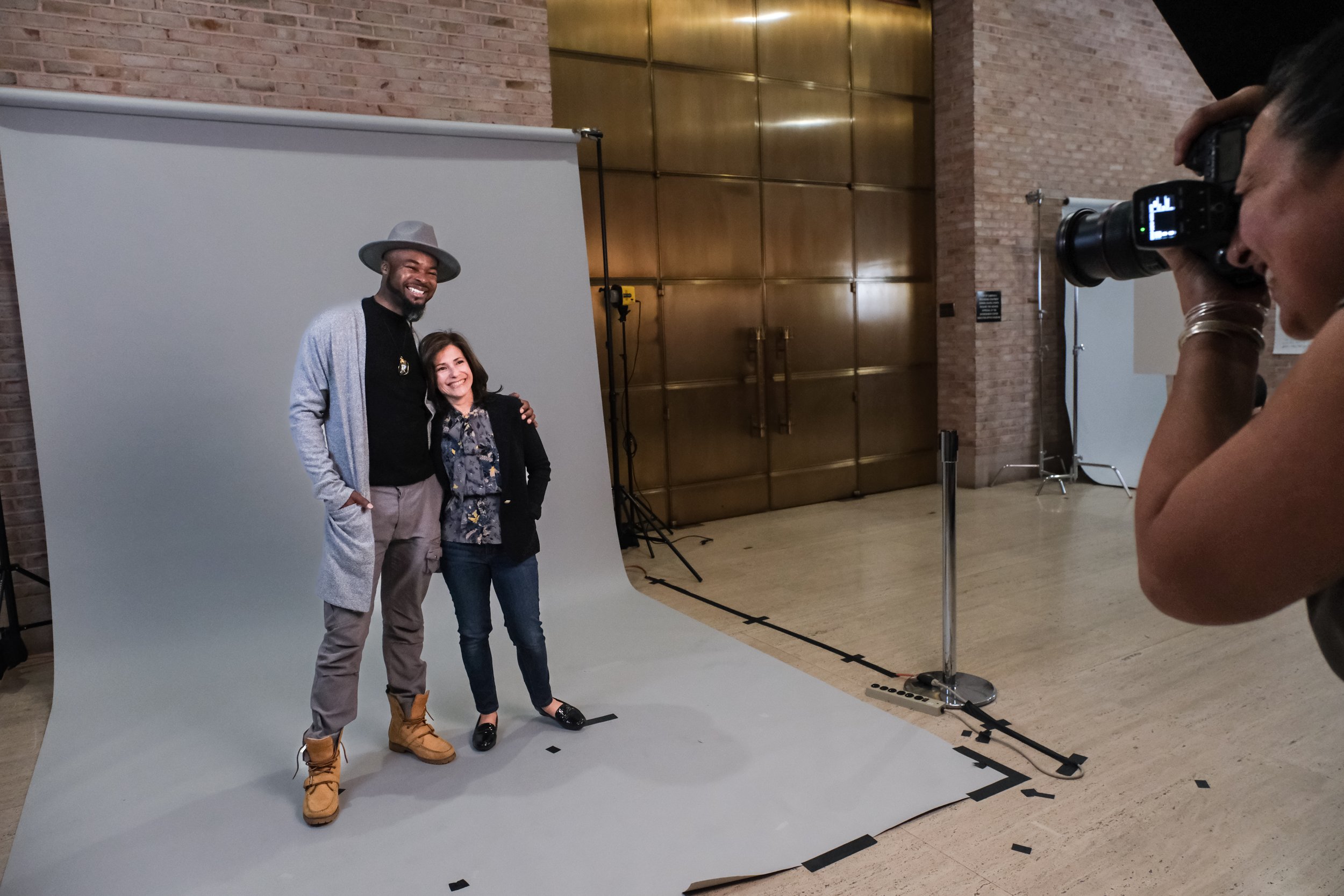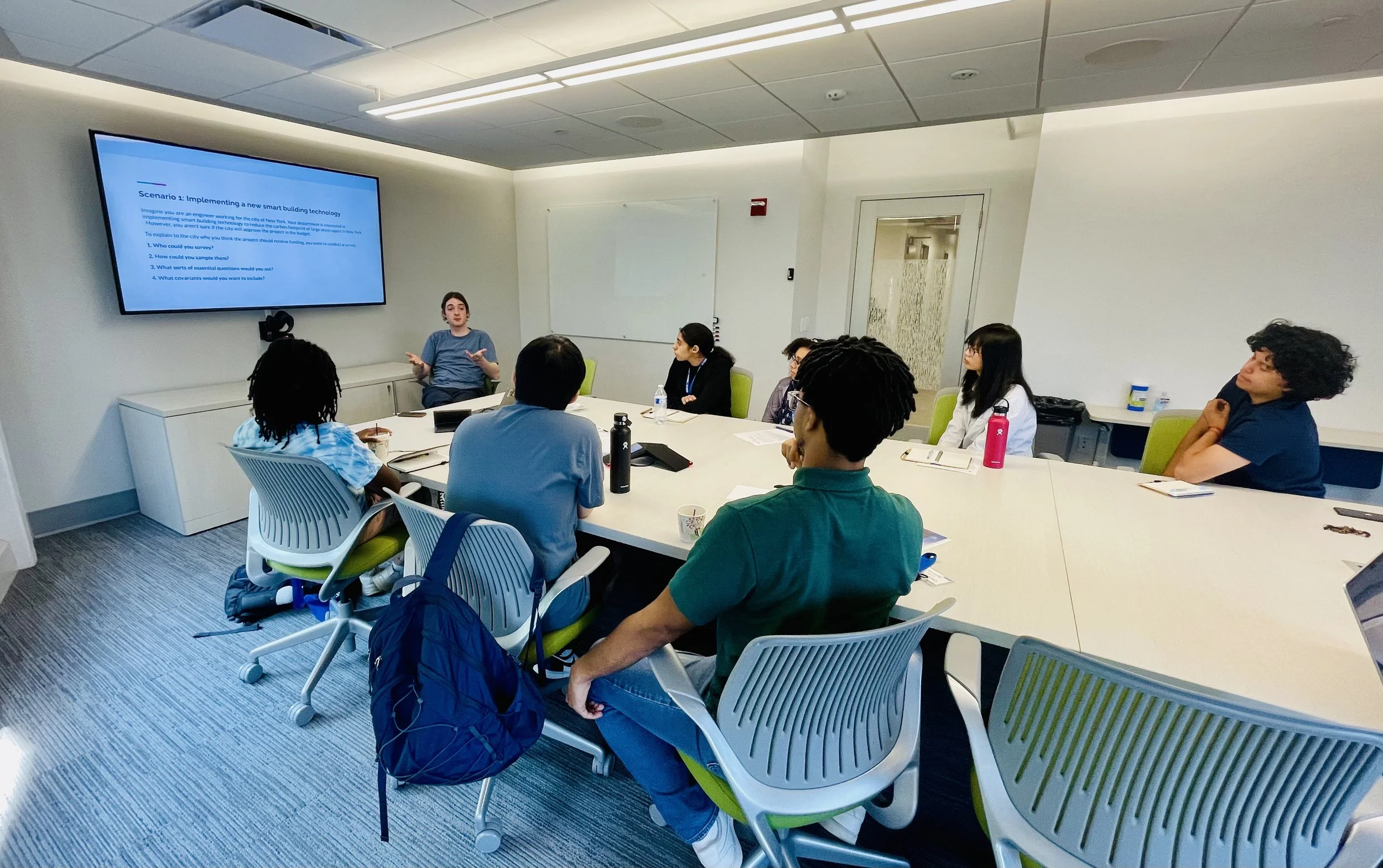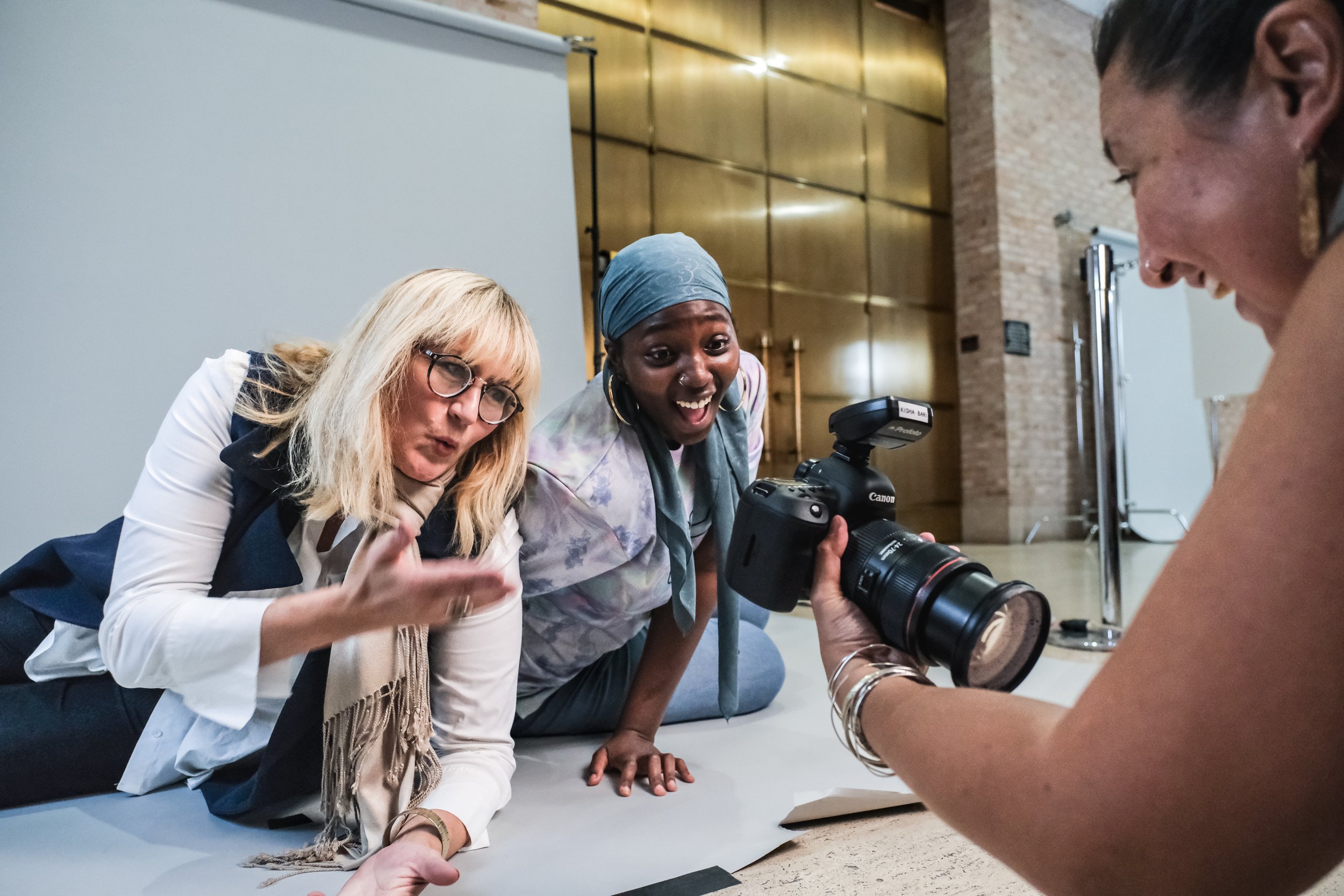For details on Ron Grele’s memorial on Jan 13, 2024, click here.
Mary Marshall Clark, Director of the Columbia Center for Oral History Research
Ronald J. Grele, former director of the Columbia University Oral History Center for Research, former associate professor in the Columbia History Department and past president of the national Oral History Association died peacefully surrounded by family and friends in his New York City home on December 13, 2023. Beloved by friends, family, students, and colleagues scattered far and wide, Ron shaped the oral history movement in the United States and around the world with his intellectual rigor, passion, and generosity. Ron served as director of the Columbia Center for Oral History Research (then called the Oral History Research Office) from 1982-2000. As director, he used his expansive interdisciplinary knowledge and networks around the world to build a field made up of curious fieldworkers, brilliant academics and researchers, activists, and community-based workers from Harlem to Chinatown who helped define and expand the field of oral history for generations.
As editor-in-chief of The International Journal of Oral History in the crucial years from 1981-1985, Ron engaged hundreds of oral historians in international conferences to write up their fieldwork and encouraged them to try their hands at developing oral history theory in interdisciplinary ways. Current students still use the IJOH to inspire their own fieldwork and to devise interpretative frames. Ron was president of the OHA from 1987-1988 and took a leadership role in defining ethical standards for the practice of oral history nationally. He traveled the world to present at oral history conferences and participated in the founding of the International Oral History Association. In 1994, Columbia held a defining international conference that, for the first time moved international conferences beyond Europe and was inclusive of African, South American, and Latin American participation.
Ron also helped establish the Columbia University Summer Institute in Oral History, a two-week intensive training institute that has drawn thousands of students and scholars interested in oral history for over 27 years. Through the Columbia History Department, Ron taught the graduate course Oral History Method and Theory to overenrolled classes. When at last the classes became too full, Mary Marshall Clark and Peter Bearman convinced the University to hold a full master’s degree program in Oral History [OHMA] that began in 2008. Ron taught in OHMA along with close colleagues and leaders in oral history from the 1970s, Alessandro Portelli and Luisa Passerini. The interdisciplinary scholar Ann Cvetkovich, a former Rockefeller fellow with the Center in a Humanities program Ron co-founded in the late 1990s, currently teaches a course in OHMA with Mary Marshall Clark. Most importantly Ron’s book, Envelopes of Sound, inspired students that they could learn to interpret fieldwork for themselves in their own cultural contexts which at the time was a radical thought and a thoughtful prediction of how oral history would grow. Ron is a legend even to the students he did not directly teach. One student, learning of his death, wrote:
I can't believe that Ronald left! I am so sad to hear this! I am so lucky that I got chances to meet him at our workshops and see him asking questions seriously with bright eyes. Even though I have never talked to him one on one, I still feel connected with him in some way. His death is like a grandpa's death to me. A grandpa from the family of oral history. I will mourn him in my way and share this sad news with some Chinese colleagues who are influenced by Ronald's works. I am sad. From: Xiaoyan Li, graduate of the Oral History master’s program, 2018.
Ronald Grele, right center; OHMA student Xiaoyan Li, far right.
Prior to coming to Columbia Ron directed the Oral History Program at UCLA and served as Research Director at the New Jersey Historical Commission and Assistant Director of the Ford Foundation Oral History Project. He began his career in oral history as an interviewer and archivist at the John F. Kennedy Oral History Program, housed at the John F. Kennedy Library. He was awarded a Fulbright teaching appointment at the University of Indonesia and has conducted workshops and seminars on oral history throughout Europe, Asia, and Latin America. Fascinated by the potential of oral history to intervene in production of historical memory, Ron worked with his former student Peter Maguire, author of Facing Death in Cambodia, to train oral historians working at the Documentation Center of Cambodia (DC-CAM) taking oral histories of Khmer Rouge atrocities that were not publicly acknowledged for decades.
In addition to being the author of Envelopes of Sound: The Art of Oral History (Prager, 1991, second edition), Ron was also editor of International Annual of Oral History: 1990: Subjectivity and Multiculturalism in Oral History (Greenwood, 1992). Ron worked with a group of oral historians in Europe and the United States to document the 1968 revolution. These interviews were the basis of the book A Student Generation in Revolt: An International Oral History (Pantheon Books, 1988). He received his doctorate from Rutgers University and taught at Lafayette College, The California State University at Long Beach, and Kingsborough Community College. Ron served as a consultant on number of oral history projects and museums and historical agencies. He completed projects on the history of the Garrett Corporation in Los Angeles, McKinsey & Company, and the Boston Consulting Group. He has conducted biographical interviews for the Columbia Center for Oral History Research with women graduates of the Columbia Law School including Justice Ruth Bader Ginsburg, along with hundreds of life histories over the years. He also conducted numerous interviews in his retirement for the Columbia Center’s Rule of Law Project, the Carnegie Corporation Project, and the history of the Atlantic Philanthropies. Ron volunteered to conduct interviews for a community history project documenting the social and cultural history of Harlem. Ron had an abiding devotion to community history projects, and devoted years of volunteer service to the Museum of the Chinese in the Americas. He will be remembered as an oral history enthusiast who inspired thousands of conversations and publications about oral history as an art as well as a discipline, and permanently established oral history education at Columbia University.



















































